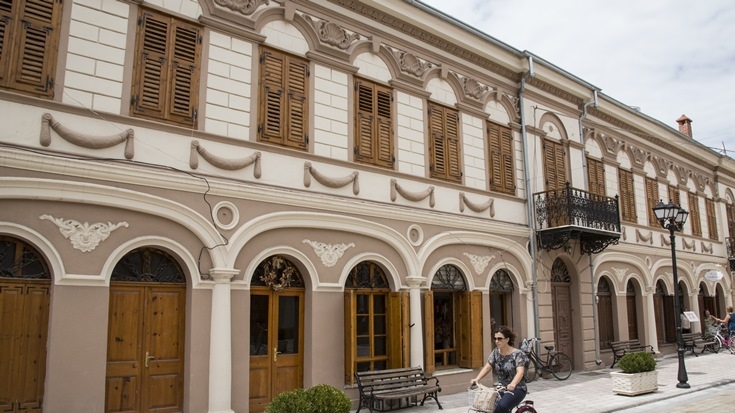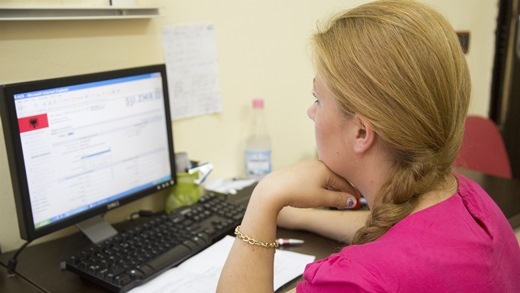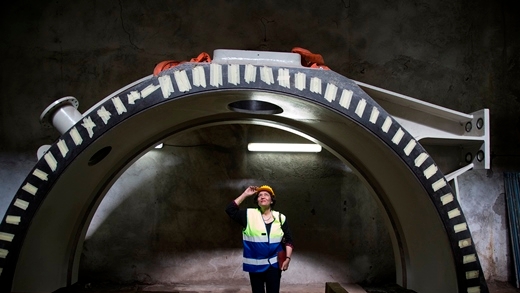Albania made large economic strides over the last two decades that enabled the country to grow in a sustainable and inclusive way. A rapid pace of growth helped Albania narrow the per-capita income gap with the rest of Europe from 18% of average European Union (EU) incomes in 1998 to 30% in 2012. With rising incomes, poverty halved in the country from 25.2% in 2002 to 12.5% in 2008.
The onset of the global financial crisis in 2008 significantly impacted growth and affected the pace of poverty reduction. The country is now embarking on a number of far reaching macro-economic and structural reforms as it travels on the path toward integration in the EU.
The new Country Partnership Framework (CPF) of the World Bank Group sets forth a program aimed at supporting Albania’s aspiration to achieve equitable grown and integration into the European Union. Based on the three focus areas of restoring macroeconomic balances, stimulating private sector growth, and strengthening public sector management and service delivery, the CPF identifies key areas of engagement in the coming years.
Supporting a Sustainable Growth Model
Fiscal and financial sustainability have a fundamental impact on Albania’s ability to move to an accelerated and sustainable growth model. By clearing public sector arrears, for example, financial flows to the private sector are expected to increase, which in turn will boost growth and job creation.

Wages and pension reform have been key factors in reducing poverty in the country. Better expenditure management and reductions in inefficiencies in spending can make space for investments in social services – contributing to increased welfare of the poor and bottom 40% of the population.
Improving Business, Improving Lives
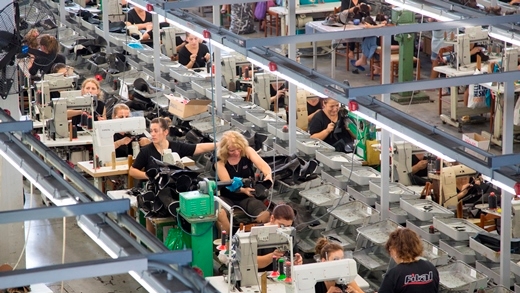
Reforms to improve the business environment are critical for job creation and can strengthen the link between economic growth and poverty reduction. Competitiveness, job creation, innovation and other areas of engagement can help overcome ongoing challenges hindering the country’s business environment.
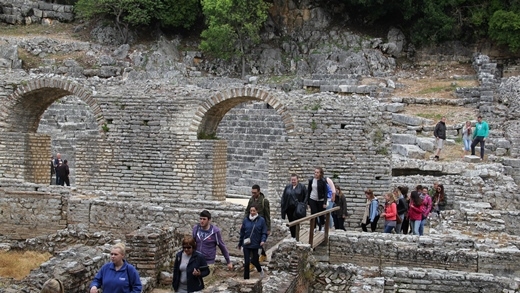
The tourism sector in Albania has experienced a rapid increase in annual tourist arrivals in recent years, but the country’s rich land endowments and pristine natural beauty are yet to be fully tapped for sustainable tourism development. Tourism can be a key source of growth and employment in Albania.
Energizing Growth and Investment
Putting the energy sector on a financially stable path is crucial to growth and fiscal consolidation in Albania. Ensuring a reliable and affordable power supply is one of the most important foundations for increased investment, growth, job creation and poverty reduction.
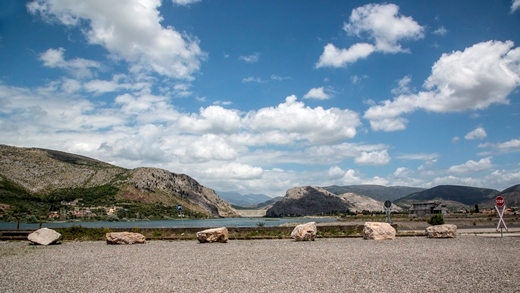
Albania’s power generation is entirely dependent on water resources. Developing the country’s hydropower potential can serve as a strong driver for economic growth to help disadvantaged regions overcome poverty disparities.
Securing Land for the Future
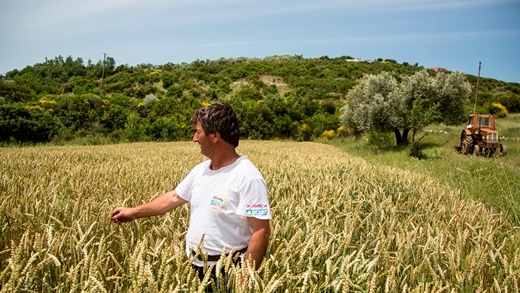
Unsustainable land management and poor enforcement of property rights remain a key obstacle preventing firms, farms, and households from entering the land market. Securing property rights, formalizing land settlements, and sustainable land management can have a positive impact on improving regional poverty disparities in Albania and improving the welfare of the bottom 40% of the population.

Albania has an abundance of agro-forestry resources - an important element of inclusion in economic development. The country has a high proportion of forest cover and fertile soils, but most of the forest and pasturelands are in poor condition.
Enhanced Governance and Increased Transparency
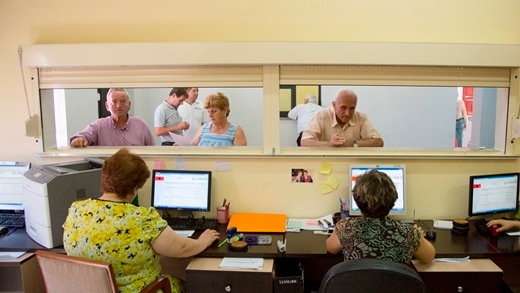
Greater trust between the citizenry and government can be created through changes in citizens’ interface with the government. The World Bank Group remains committed to helping Albania strengthen service provision, improve service delivery, and increase access to basic services for all people in the country.
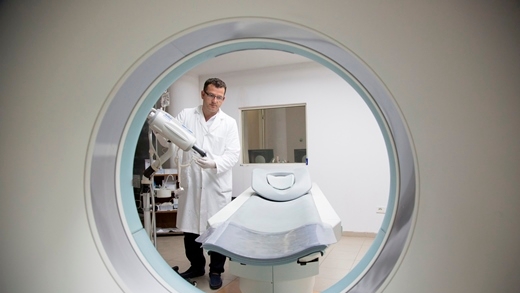
Improvements in the quality of service provision in social protection, health, and water supply to the bottom 40% of the population, those residing in poorer regions of the country, and to vunerable communities – including the Roma population – remain key areas of engagement for the World Bank Group.
Photos: Jutta Benzenberg
